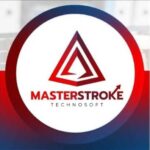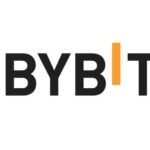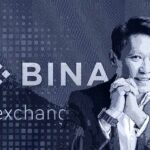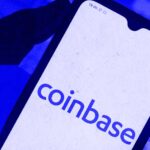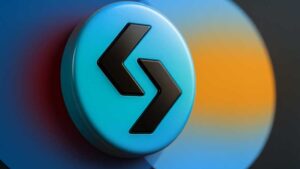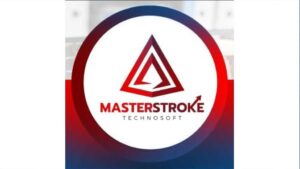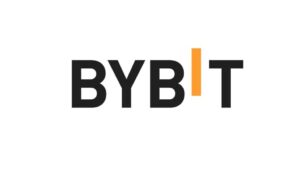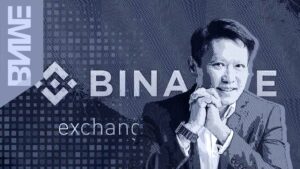Beyond its origin in cryptocurrencies, blockchain technology has advanced significantly and is possibly the latest technological achievement to experience widespread acceptance after cloud computing. Not only among consumers but also businesses, it has gained insane traction. Today’s news is replete with stories about digital assets. Corporations that use digital assets possess an excellent capacity to offer their clients innovative services and business models that will benefit them. As a result of the invention, smart contracts and NFTs can be programmable. Decentralization of applications has also seen an increase in supply chain management, identity authentication, and chain of custody.
Blockchain delivers several benefits compared to traditional financial services thus, virtual currencies employ its technology to process financial transactions. However, the application of blockchain technology reaches beyond managing financial transactions. It offers complete audit trails of data usage, along with the capability of controlling who has access to it. Consequently, digital assets can benefit from blockchain as it improves their performance.
An Overview Of Digital Assets With Some Examples
Different forms of the token have been considered that are storable on a distributed ledger or a blockchain network. Tokens can be categorized into two types: those that are fungible and those that are non-fungible. Cryptocurrencies, stablecoins, or financial instruments such as securities and bonds can serve as examples of tokens. Lastly, a digital asset can be a physical asset, a document, or an invoice that contains business information.
A Business Opportunity Centered On Digital Assets
Investor interest in innovative asset classes has been steadily rising. Investors have expressed curiosity in finding more efficient strategies for promoting shared ownership. Additionally, illiquid assets are also being made more accessible to a larger pool of investors. A significant focus on growth and innovation is also evident. Tokens can self-describe and be programmed, which speeds up and improves the accuracy of procedures. It creates room to offer innovative services and business structures.
A Blockchain-Based Digital Asset Management System
Digital asset management software can function more effectively with the support of blockchain.
Blockchain File Storage Solution
The blockchain can provide the same level of global redundancy and access as traditional databases, with which most companies are familiar with using DAM software. Data is being saved in a decentralized network using blockchain storage. It takes advantage of spare hard drive space from people all over the world to store data.
Enterprise Data Management
A Blockchain network sets itself apart from a conventional database due to its distributed nature that is more resilient and its transactional assurance that has been inherited. On the other hand, data can be efficiently exchanged among companies due to the blockchain’s decentralized structure. The data access permissions can also be managed by the organizations themselves.
Owning Digital Rights And Managing Them
Validating ownership and maintaining complicated usage rights are the main challenges. Blockchains utilize programmable smart contracts and NFTs as opposed to analog contracts that need governance manually. As a result, there is no question about who owns what, and self-executing contracts can be used to issue digital rights.










